SCHOFIELD BARRACKS -- Members of the United States Army, Pacific Army Family Action Plan presented nine issues and recommendations affecting Soldiers, Family members and Department of Army Civilians in a conference here May 27-29.
Lt. Gen. Benjamin R. Mixon, commanding general, United States Army, Pacific, approved the issues and recommendations which is forwarded for next month's Department of Army AFAP conference in Washington D.C.
"We'll get these issues moving forward and we'll see where it takes us from here," Mixon said. "I can assure you that these are great issues. It will be interesting to see what the other groups around the country come up with. I'll bet they'll be a lot of similarities."
The issues and recommendations were broken down into two categories, Army Policy and Soldier Issues.
The members voted on five Policy issues for consideration by the DA AFAP conference. The recommendations included: establishing a worldwide Tricare Network, establishing a Youth Employment Skills Program, providing reimbursement for alternate durable medical support and supplies, allocating dedicated dental care slots at military facilities for outside the continental United States Department of Defense Civilian and Family members and eliminating Tricare Retiree Dental Program provisions.
Four Soldier issues and recommendations were forwarded to DA. They included: authorizing travel and transportation for non-dependant caregivers, implementing a leadership position allowance for enlisted Soldiers to compete with officer command positions, implement alternate Army Physical Fitness Test events which awards points for push ups and sit ups and allowing Soldiers to transfer unused education benefits to dependants to repay existing student loans.
Each year, installations in the Army have an AFAP conference from issues submitted anonymously. The installations in the Pacific forward their issues to USARPAC, who hold the mid-level AFAP. After discussions and prioritizing, USARPAC AFAP members send the issues to the DA level. If an issue affects more than just the Army, the issue can make it to the Department of Defense level.
"Army Family Action Plan is a forum for the military community to come together and work issues that are important to service members and community members that affect the military," said Theresa Johnson, manager of the Fisher House on Tripler and member of six AFAP conferences. "It's our opportunity to bring issues to the fore front. The command could choose to fix the issues at our level or push it forward."
"At the lower level, you look at the issues and send some up and you may never really see them again," added Frederica Norman from Fort Wainwright, Alaska. "Now that I've worked at this level, I can see how the process works and I know that we do have a voice and it means a lot because I can back and tell them what they have to say is important because it's moving to the highest level."
Each category had a separate work group and several staff members who served as recorder, transcriber and facilitator. The rest of the group kicked around ideas and recommendations to find the top issues affecting those serving in the Pacific.
"We had a wonderful group of delegates from all demographics," said Amanda Eddy, from Torii Station, Okinawa, who was attending her first AFAP mid-level conference. "Both work groups had members from all the installations in our region which helped to make up a very good team."
"It feels really good to be a part of this and see how it works," Johnson added. "We may be a small group in the pool of the Army, but to see something you work on and realize that it affects people years down the road, it feels great."
AFAP was created in 1983 to help with quality of life issues for Army families. It has been responsible for hundreds of legislative, regulatory and policy changes involving the Army as well as improving many programs and their associated funding, according to the AFAP website.
"It makes you very proud so you pick an issue that you may think is not work, but by the time it makes it to the top, the issue is so much more refined," Johnson said. "If it's a really good issue, by the time it gets to the top, it may be affecting the other branches of the military."
According to Johnson, the process only works with input from Soldiers, Family members and DA Civilians.
"(AFAP) a great process," she said. "People may feel an issue affects only them but they must take that opportunity to submit because there may be thousands of others out there who have the same issue. This is the forum that we fix them."
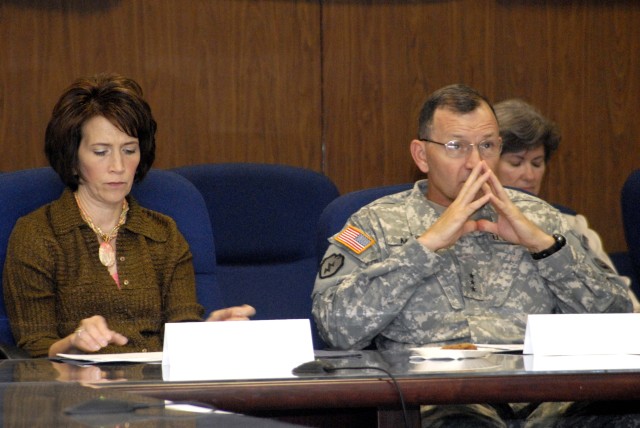
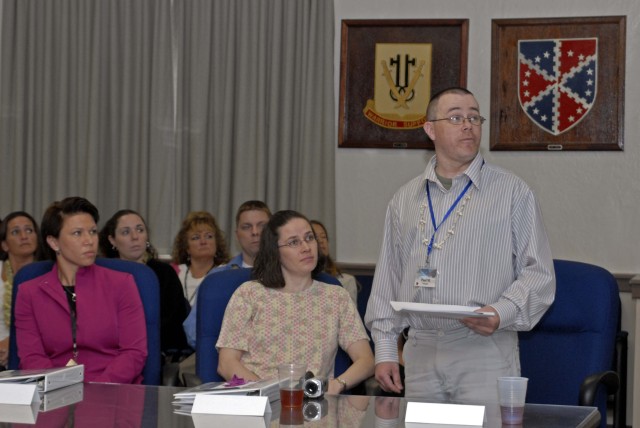
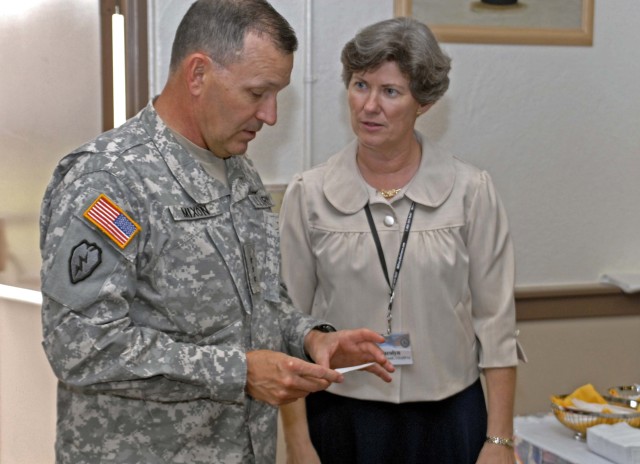
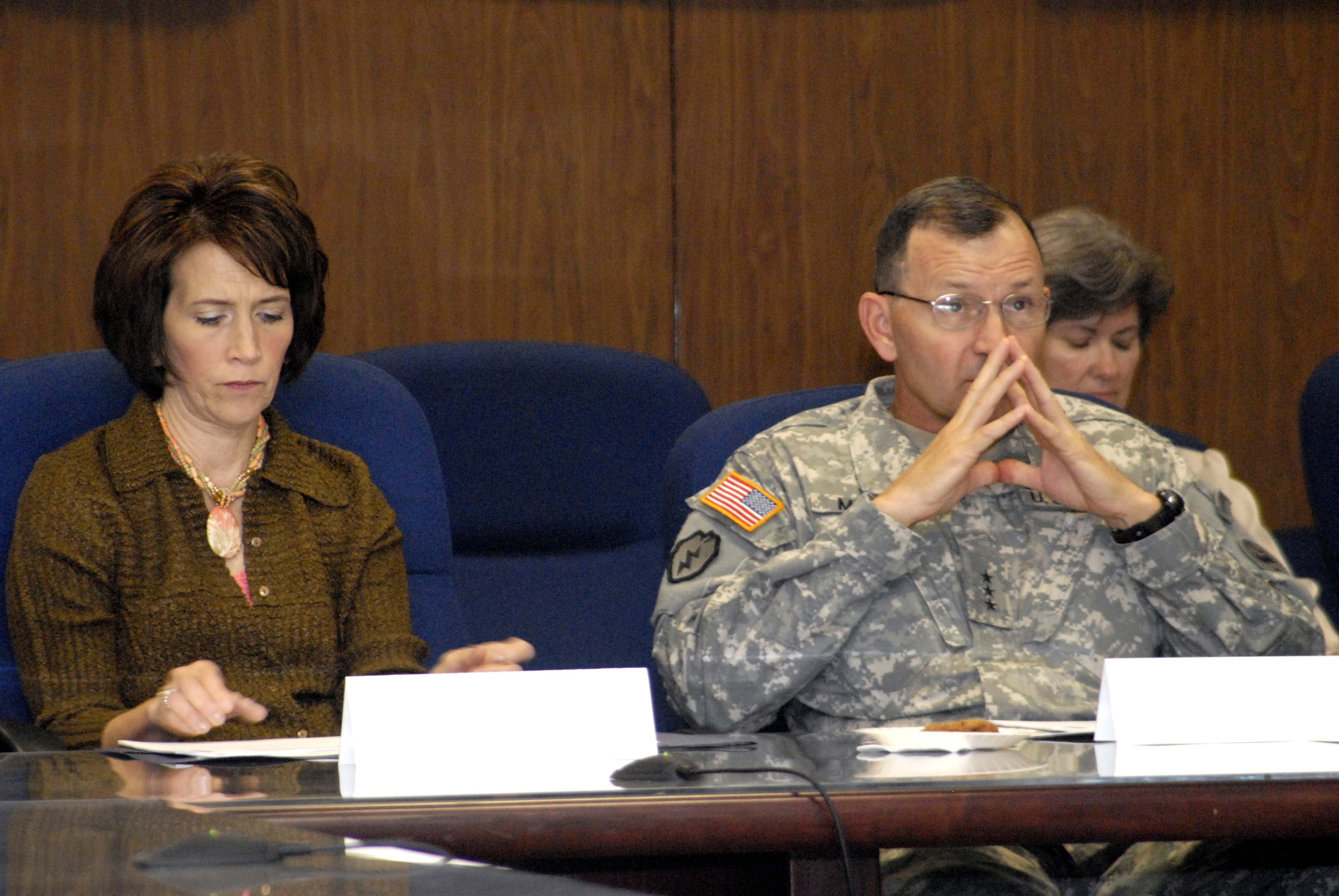
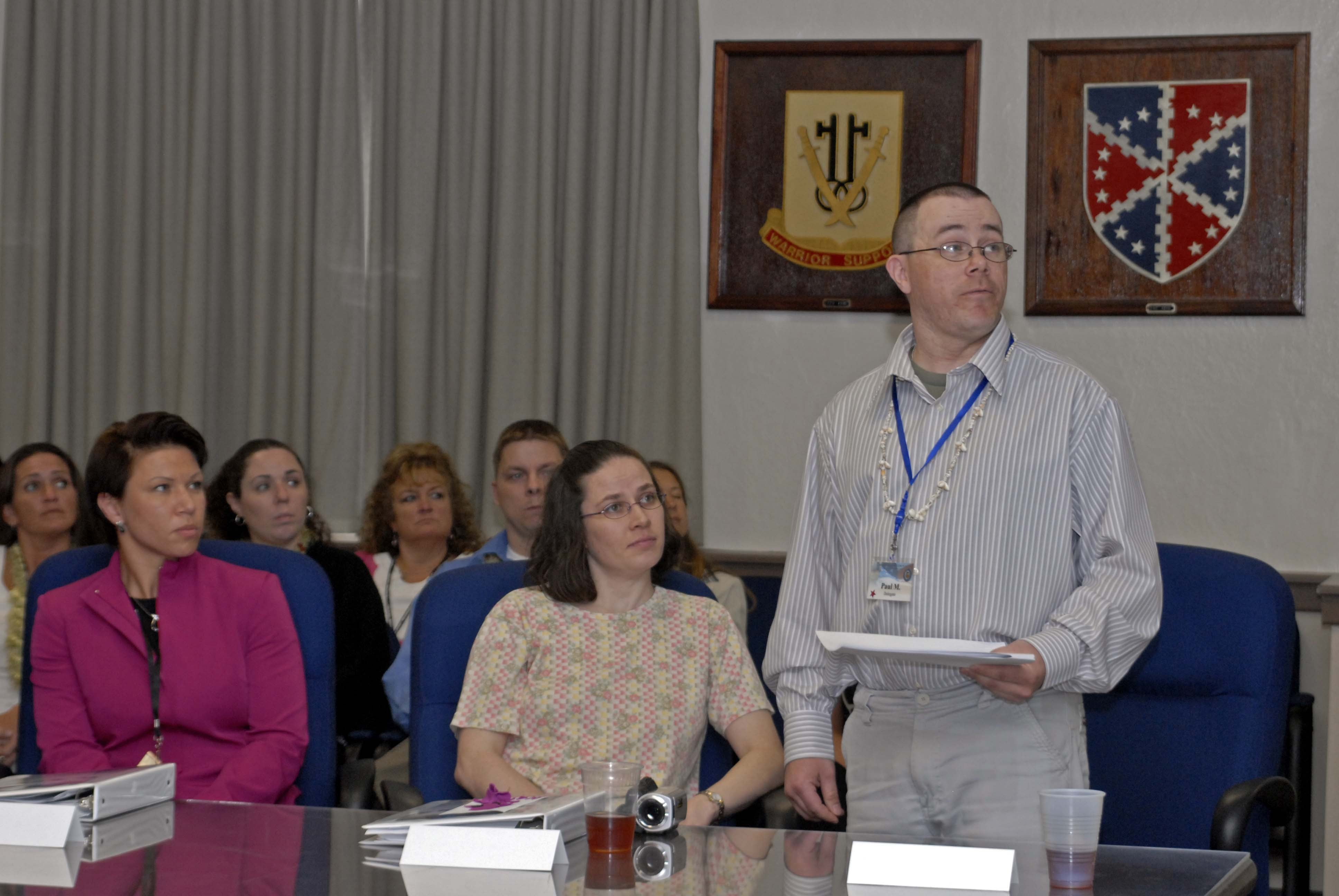
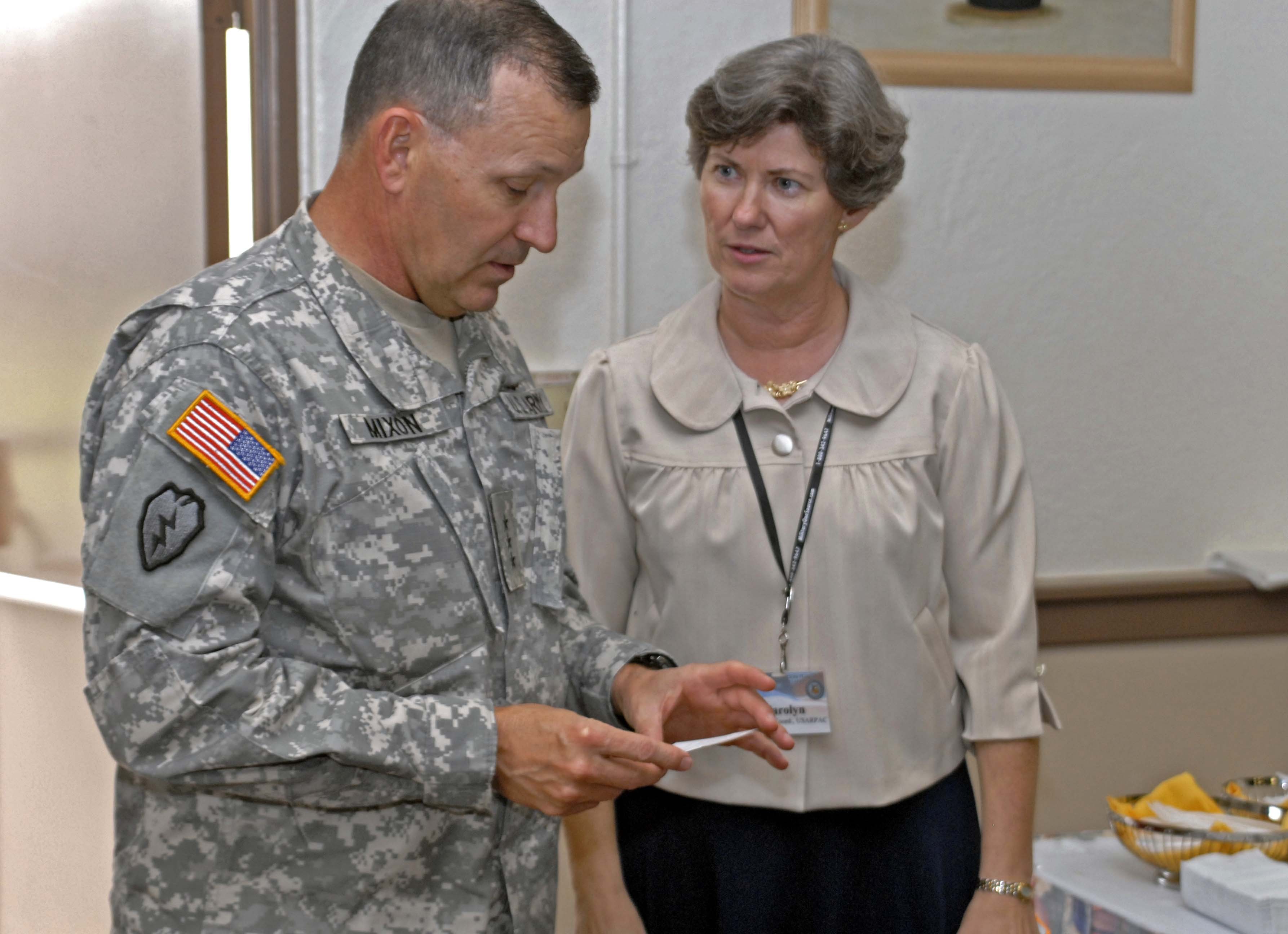
Social Sharing